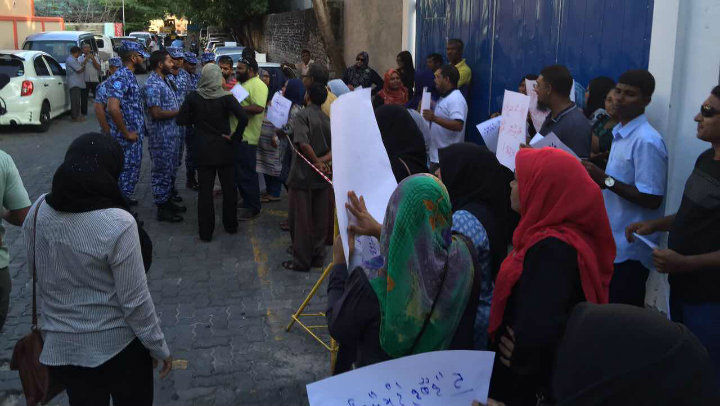Yet another policy reversal puts affordable housing out of reach for Malé residents
When Malé’s landless families drew lots to choose flats in the newly built Tata blocks in October, the keys to their new homes seemed all but assured. But yet another policy reversal appears to have put the flats out of reach.

07 Dec 2016, 09:00
The keys to the flats were all but assured.
In October, nearly four years after they were found eligible for an affordable housing scheme in Malé, some 266 families drew lots to choose their flats in two newly built condominiums. After weathering years of uncertainty when a police mutiny forced out the government that had introduced the policy, the soon to be homeowners were relieved and excited.
“I am so happy, I want to move in as soon as possible,” a 47-year-old man who works in the government told the Maldives Independent.
It did not take long for the mood to sour.
Become a member
Get full access to our archive and personalise your experience.
Already a member?
Discussion
No comments yet. Be the first to share your thoughts!
No comments yet. Be the first to join the conversation!
Join the Conversation
Sign in to share your thoughts under an alias and take part in the discussion. Independent journalism thrives on open, respectful debate — your voice matters.




